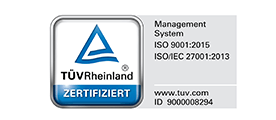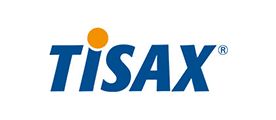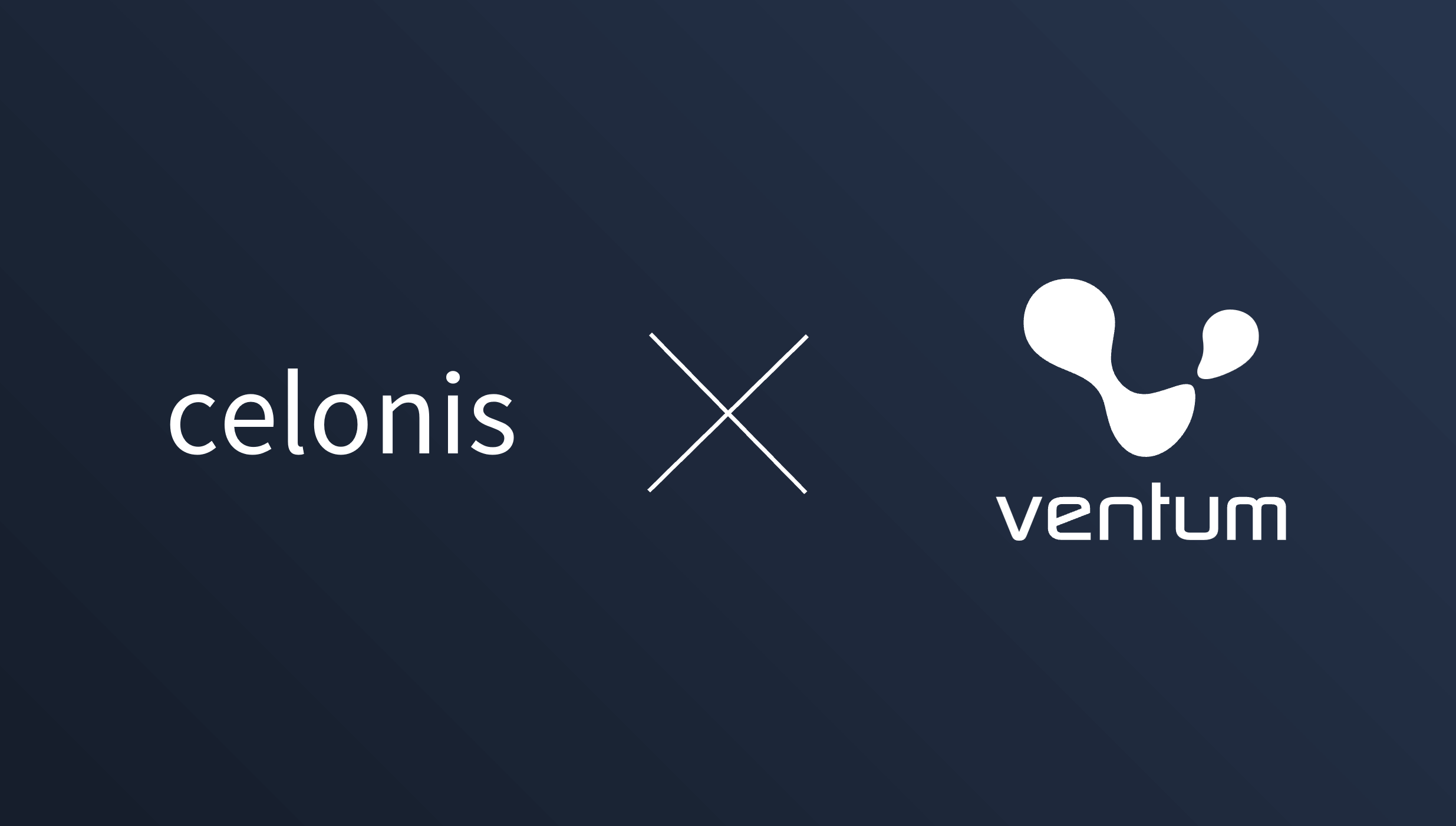- Veröffentlichung:
13.08.2025 - Lesezeit: 8 Minuten
Need-to-share principle as a growth driver: cornerstone for scalable GenAI use cases
Industry: Automotive OEM | Period: 3 months | Team size: 2 consultants
Data has long been much more than the “new oil” – today it is at the heart of successful AI and analytics transformations. However, gaining valuable insights for people and algorithms from raw data remains one of the key challenges for companies that want to develop real competitive advantages through innovative technologies.
Our customer, a leading German car manufacturer, is facing precisely this challenge. The aim is to orchestrate the extensive existing database in such a way that innovative use cases relating to generative AI can be utilized to the maximum – while fully complying with both strict EU regulations and internal security guidelines.
Together with the specialist departments, IT and corporate security, our experts have developed a forward-looking solution that optimally addresses this area of conflict: A data object-based “need-to-share” approach that enables automated, secure and compliant data exchange, paving the way for sustainable innovation.
Challenge: How silos and processes make access to company data more difficult
- Restrictive approval mindset due to misunderstandings:
While legal and regulatory requirements within the need-to-know principle are essential, they are often misinterpreted or over-applied. The result: too few users gain access to relevant information, while new access requests remain complex, time-consuming and subject to the burden of proof on the part of the data consumer. - Complex role and rights concepts with long approval processes:
Authorization concepts and their associated application and approval processes have often grown historically and are therefore unsuitable for today’s digital, networked working methods of thousands of users. They are often tailored to a small group of users, which leads to a flood of approval requests and inefficient, sometimes blind or blanket approvals when they are transferred to different departments – and thus counteracts the original idea of the need-to-know principle. - One-sided focus on risk without considering added value:
In the context of corporate security, the risk management of data access is usually the top priority. However, if the user group is expanded in a targeted and comprehensible manner, not only the potential risks of a data outflow increase, but also the business added value. For GenAI use cases in particular, it is therefore essential to always weigh up the potential benefits against the risks. - Application-oriented instead of data-oriented security:
Information protection requirements are often classified at application or system level and based on the respective intended use. This leads to redundant and sometimes contradictory assessments of identical data in different contexts – and stands in the way of a genuine, data-oriented security strategy. The “data access islands” resulting from this setup are already hindering the implementation of classic use cases. However, they become real stumbling blocks for successful AI transformation, especially in company-wide use cases such as “chattable data”.
Success Journey: The Need-To-Share Transformation with Ventum Consulting
01
02
03
The Impact at Launch
- Clarity in the risk assessment and approval process:
Previously fragmented sub-processes in risk analysis and access approval were integrated, conflicting responsibilities were resolved and risks were systematically compared with business opportunities for the first time. This created new transparency, helped to identify scalable solutions and shortened the time from the finished use case to productive deployment - for faster business impact. - Realizing the opportunities of need-to-share while maintaining need-to-know:
Within a few weeks, a clear understanding of the actually required need-to-know rules was created and overinterpretations identified. This enabled the targeted introduction of the need-to-share principle at user group level and its establishment in initial breakthrough projects such as "Chattable development data" - as a blueprint for other fields of application such as data-based IT governance. - Strengthening the transformation mindset and change communication:
Clarity regarding regulations, processes and responsibilities has reduced reservations about access approvals. As a result, employees benefit from transparent guidelines, more room for maneuver and simpler, comprehensible approval processes. Cooperative interaction between IT, specialist departments and Group Security was established - as a catalyst for the sustainable rollout of the need-to-share approach and therefore as a basis for handling data as a raw material and thus for a Group-wide data-driven transformation.
Summary & outlook: From proof of concept to scalable data excellence
The ability to share data securely and in a controlled manner across organizations is one of the key prerequisites for the success of data-driven innovations today – especially when it comes to scaling GenAI use cases. Even state-of-the-art technologies and AI tools cannot reach their full potential as long as there are access barriers and no effective need-to-share principle is established.
Ventum Consulting accompanies companies on this journey – from the initial proof of concept through to comprehensive, company-wide implementation. With extensive experience in data governance, compliance, technology integration and organizational change, we ensure sustainable success.
Find out more about our services and approaches for an effective data strategy here.
What is your next project?
Are you facing a similar challenge and would like to talk to our experts without obligation? Then get in touch with us today.
Your partner for data strategy

Arrange a non-binding initial consultation now
- Future-oriented: Targeted use of data as a growth driver
- Tailor-made: Individual solutions for your specific challenges
- Tried and tested: 20 years of practical experience from successful data projects guarantees reliability
- Strong implementation: from conception to measurable realization of results
- Value-oriented: Clear focus on sustainable benefits and real competitive advantages
TISAX and ISO certification for the Munich office only













